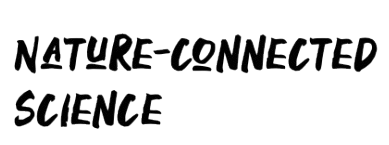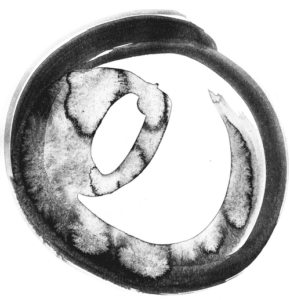

NO STRESS, TOGETHERNESS & creativity
Nature promotes people’s well-being and health with positive physiological, cognitive, psychological and social effects.
Our nature-based programs are based on these effects and the scientific theories that explain our connection to nature.
Nature-based effects
The World Health Organisation (WHO) defined stress as the “health epidemic of the 21st century”. Yet stress or more precisely our response to stress is crucial to our survival and life.
Stress is not always the problem in itself, the lack of time and tools for stress recovery is often the real problem.
Stress activates our sympathetic nervous system: the body produces adrenaline and noradrenaline, heart rate and blood pressure increase so that we can fight and / or escape from a physical or psychological danger.
It is important that the body recovers from this reaction and activates our parasympathetic nervous system: dopamine and serotonin are produced, hormones linked to joy, focus, calm and feelings of rewards and motivation.
Stress decreases
Nature is a place of full presence and sensory experiences promoting the activation of our parasympathetic nervous system and our immune system:
- to look at natural fractals
- to breathe phytoncides produced by trees
- to feel the earth
- to experience the world in a different way
Community and creativity increase
Nature offers a place for physical and mental recovery. It helps us to restore our cognitive capacities and increase our creativity as shown for example in a study conducted in Belgium and another in Taiwan.
At last but not least, a review of the scientific literature concludes that nature makes us more social and willing to collaborate.
Proenvironmental behaviors are promoted
Human nature connectedness (HNC) i.e the extent to which humans see themselves as part of nature is positively correlated with pronature behaviours.
A meta-analysis of 147 studies shows that individuals with high HNC had more pronature behaviours than those with low HNC.
Moreover studies show that HNC could be increased by nature contact experiences while environmental education did not have any effect.
Nature-connected programs facilitate and strengthen all these effects and gives a new dimension to nature contact.
Human-Nature connectedness
A leverage point
Nature connectedness is the extent to which individuals include nature as part of their identity or in other words the sense of belonging with nature.
Several researchers advocate for HNC as a powerful lever for the system transformation needed to reach sustainability goals.
The Nature-connectedness research group at the University of Derby is one of the pioneers in this field. They have developed frameworks for nature-connected organisations and nature-connected communities.
As they say it themselves “They are working on simple solutions for complex problems of climate change, biodiversity loss and mental wellbeing through improving the relationship between people and the rest of nature”.
They are contributing greatly to a better understanding of the possibilities emerging when taking the nature-connected pathway.
Shinrin yoku
Sensory nature connection
The Japanese word ”shinrin yoku” means “to bathe in the atmosphere of the forest with the help of the senses”.
Shinrin yoku was developed in the 80s in connection with a big increase of public health problems related to intensive work and urban life.
The positive health effects of shinrin yoku have been studied in Japan since the 1990s by two pioneering researchers in this field, Dr Qing Li and Pr Yoshifumi Miyazaki.
Shinrin yoku became “forest bathing” in English and the word “skogsbad” entered the new words list in 2017 in Swedish.
Nature & forest therapy
A social dimension
Since the 2010s, various practices based on shinrin yoku have emerged. They can be grouped under the concept of ”nature & forest therapy”. Nowadays there are many organizations that offer training to become nature & forest therapy guide.
The main difference from shinrin yoku is that nature & forest therapy activities are always guided experiences and usually in groups.
The guide plays an essential role in the participants’ experience. He/she promotes connection to oneself, to nature and to other people.
There is a social dimension in nature & forest therapy that is not found in shinrin yoku.

